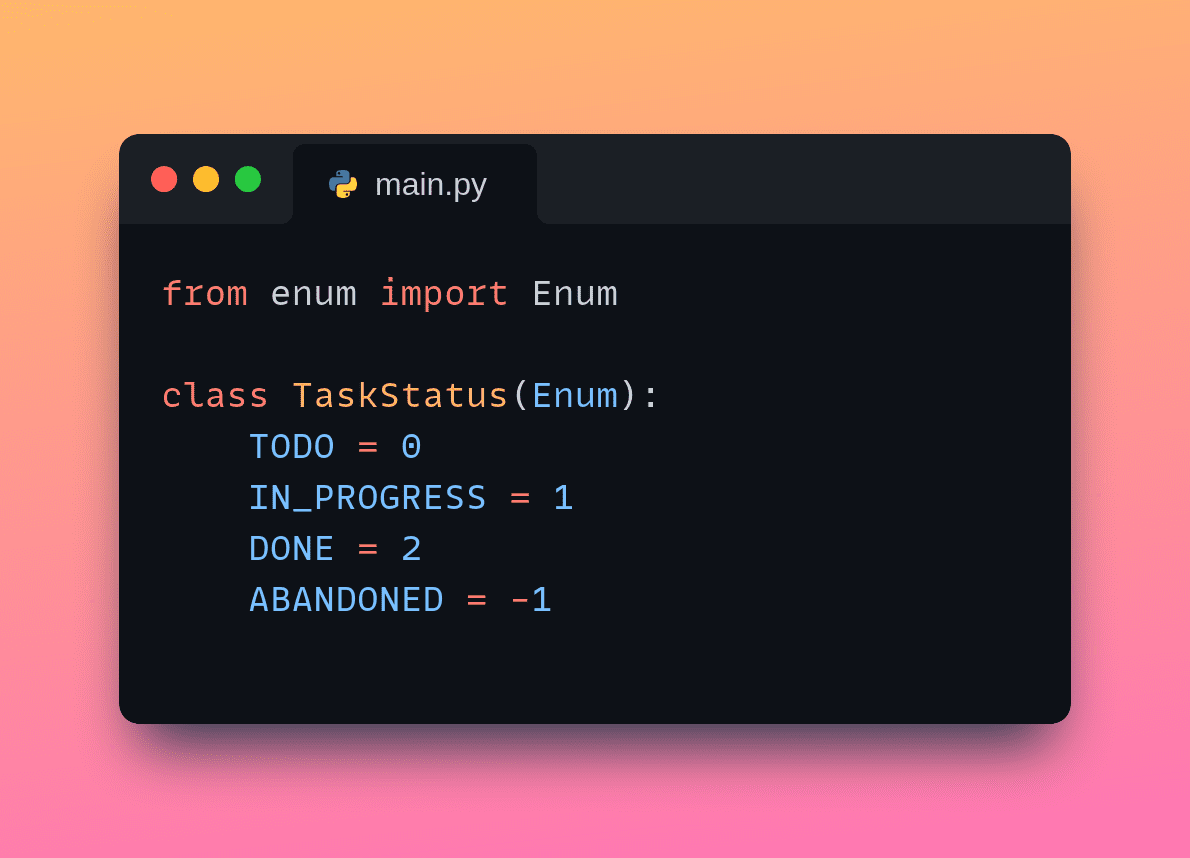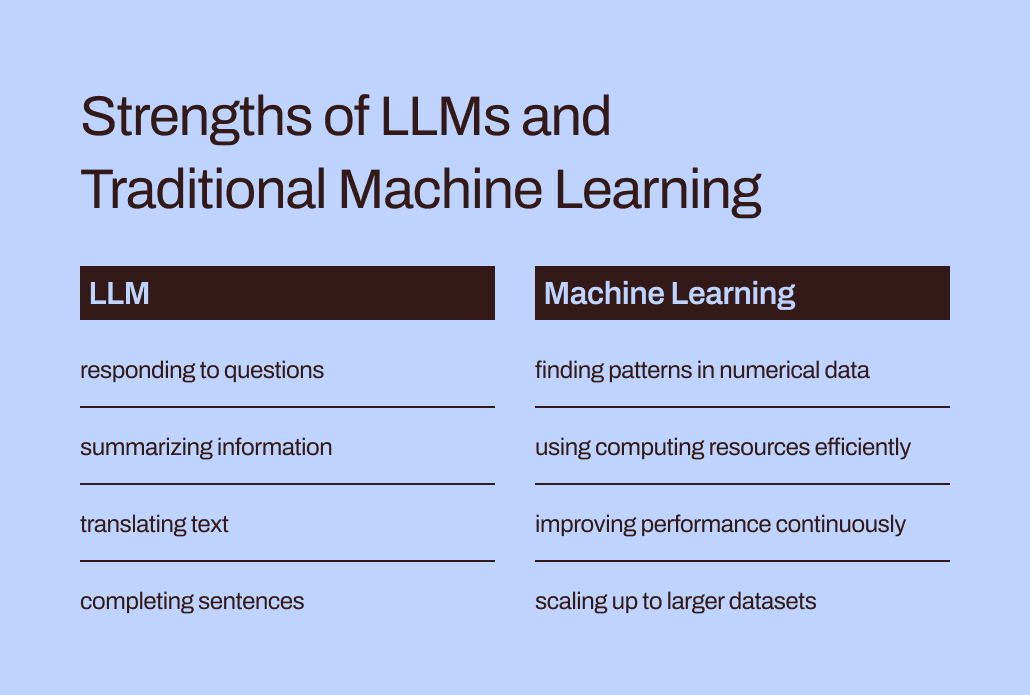
Image by Editor | ChatGPT
# Introduction
AI agents are only as effective as their access to fresh, reliable information. Behind the scenes, many agents use web search tools to pull the latest context and ensure their outputs remain relevant. However, not all search APIs are created equal, and not every option will fit seamlessly into your stack or workflow.
In this article, we review the top 7 web search APIs that you can integrate into your agent workflows. For each API, you will find example Python code to help you get started quickly. Best of all, every API we cover offers a free (though limited) tier, allowing you to experiment without needing to enter a credit card or encounter additional hurdles.
1. Firecrawl
Firecrawl provides a dedicated Search API built “for AI,” alongside its crawl/scrape stack. You can choose your output format: clean Markdown, raw HTML, link lists, or screenshots, so the data fits your downstream workflow. It also supports customizable search parameters (e.g. language and country) to target results by locale, and is built for AI agents that need web data at scale.
Installation: pip install firecrawl-py
from firecrawl import Firecrawl
firecrawl = Firecrawl(api_key="fc-YOUR-API-KEY")
results = firecrawl.search(
query="KDnuggets",
limit=3,
)
print(results)
2. Tavily
Tavily is a search engine for AI agents and LLMs that turns queries into vetted, LLM-ready insights in a single API call. Instead of returning raw links and noisy snippets, Tavily aggregates up to 20 sources, then uses proprietary AI to score, filter, and rank the most relevant content for your task, reducing the need for custom scraping and post-processing.
Installation: pip install tavily-python
from tavily import TavilyClient
tavily_client = TavilyClient(api_key="tvly-YOUR_API_KEY")
response = tavily_client.search("Who is MLK?")
print(response)
3. Exa
Exa is an innovative, AI-native search engine that offers four modes: Auto, Fast, Keyword, and Neural. These modes effectively balance precision, speed, and semantic understanding. Built on its own high-quality web index, Exa uses embeddings-powered “next-link prediction” in its Neural search. This feature surfaces links based on meaning rather than exact words, making it particularly effective for exploratory queries and complex, layered filters.
Installation: pip install exa_py
from exa_py import Exa
import os
exa = Exa(os.getenv('EXA_API_KEY'))
result = exa.search(
"hottest AI medical startups",
num_results=2
)
4. Serper.dev
Serper is a fast and cost-effective Google SERP (Search Engine Results Page) API that delivers results in just 1 to 2 seconds. It supports all major Google verticals in one API, including Search, Images, News, Maps, Places, Videos, Shopping, Scholar, Patents, and Autocomplete. It provides structured SERP data, enabling you to build real-time search features without the need for scraping. Serper lets you get started instantly with 2,500 free search queries, no credit card required.
Installation: pip install --upgrade --quiet langchain-community langchain-openai
import os
import pprint
os.environ["SERPER_API_KEY"] = "your-serper-api-key"
from langchain_community.utilities import GoogleSerperAPIWrapper
search = GoogleSerperAPIWrapper()
search.run("Top 5 programming languages in 2025")
5. SerpAPI
SerpApi offers a powerful Google Search API, along with support for additional search engines, delivering structured Search Engine Results Page data. It features robust infrastructure, including global IPs, a complete browser cluster, and CAPTCHA solving to ensure reliable and accurate results. Additionally, SerpApi provides advanced parameters, such as precise location controls through the location parameter and a /locations.json helper.
Installation: pip install google-search-results
from serpapi import GoogleSearch
params = {
"engine": "google_news", # use Google News engine
"q": "Artificial Intelligence", # search query
"hl": "en", # language
"gl": "us", # country
"api_key": "secret_api_key" # replace with your SerpAPI key
}
search = GoogleSearch(params)
results = search.get_dict()
# Print top 5 news results with title + link
for idx, article in enumerate(results.get("news_results", []), start=1):
print(f"{idx}. {article['title']} - {article['link']}")
6. SearchApi
SearchApi offers real-time SERP scraping across many engines and verticals, exposing Google Web along with specialized endpoints such as Google News, Scholar, Autocomplete, Lens, Finance, Patents, Jobs, and Events, plus non-Google sources like Amazon, Bing, Baidu, and Google Play; this breadth lets agents target the right vertical while keeping a single JSON schema and consistent integration path.
import requests
url = "https://www.searchapi.io/api/v1/search"
params = {
"engine": "google_maps",
"q": "best sushi restaurants in New York"
}
response = requests.get(url, params=params)
print(response.text)
7. Brave Search
Brave Search offers a privacy-first API on an independent web index, with endpoints for web, news, and images that work well for grounding LLMs without user tracking. It’s developer-friendly, performant, and includes a free usage plan.
import requests
url = "https://api.search.brave.com/res/v1/web/search"
headers = {
"Accept": "application/json",
"Accept-Encoding": "gzip",
"X-Subscription-Token": ""
}
params = {
"q": "greek restaurants in san francisco"
}
response = requests.get(url, headers=headers, params=params)
if response.status_code == 200:
data = response.json()
print(data)
else:
print(f"Error {response.status_code}: {response.text}")
Wrapping Up
I pair search APIs with Cursor IDE through MCP Search to pull fresh documentation right inside my editor, which speeds up debugging and improves my programming flow. These tools power real-time web applications, agentic RAG workflows, and more, while keeping outputs grounded and reducing hallucinations in sensitive scenarios.
Key advantages:
- Customization for precise queries, including filters, freshness windows, region, and language
- Flexible output formats like JSON, Markdown, or plaintext for seamless agent handoffs
- The option to search and scrape the web to enrich context for your AI agents
- Free tiers and affordable usage-based pricing so you can experiment and scale without worry
Pick the API that matches your stack, latency needs, content coverage, and budget. If you need a place to start, I highly recommend Firecrawl and Tavily. I use both almost every day.
Abid Ali Awan (@1abidaliawan) is a certified data scientist professional who loves building machine learning models. Currently, he is focusing on content creation and writing technical blogs on machine learning and data science technologies. Abid holds a Master’s degree in technology management and a bachelor’s degree in telecommunication engineering. His vision is to build an AI product using a graph neural network for students struggling with mental illness.



